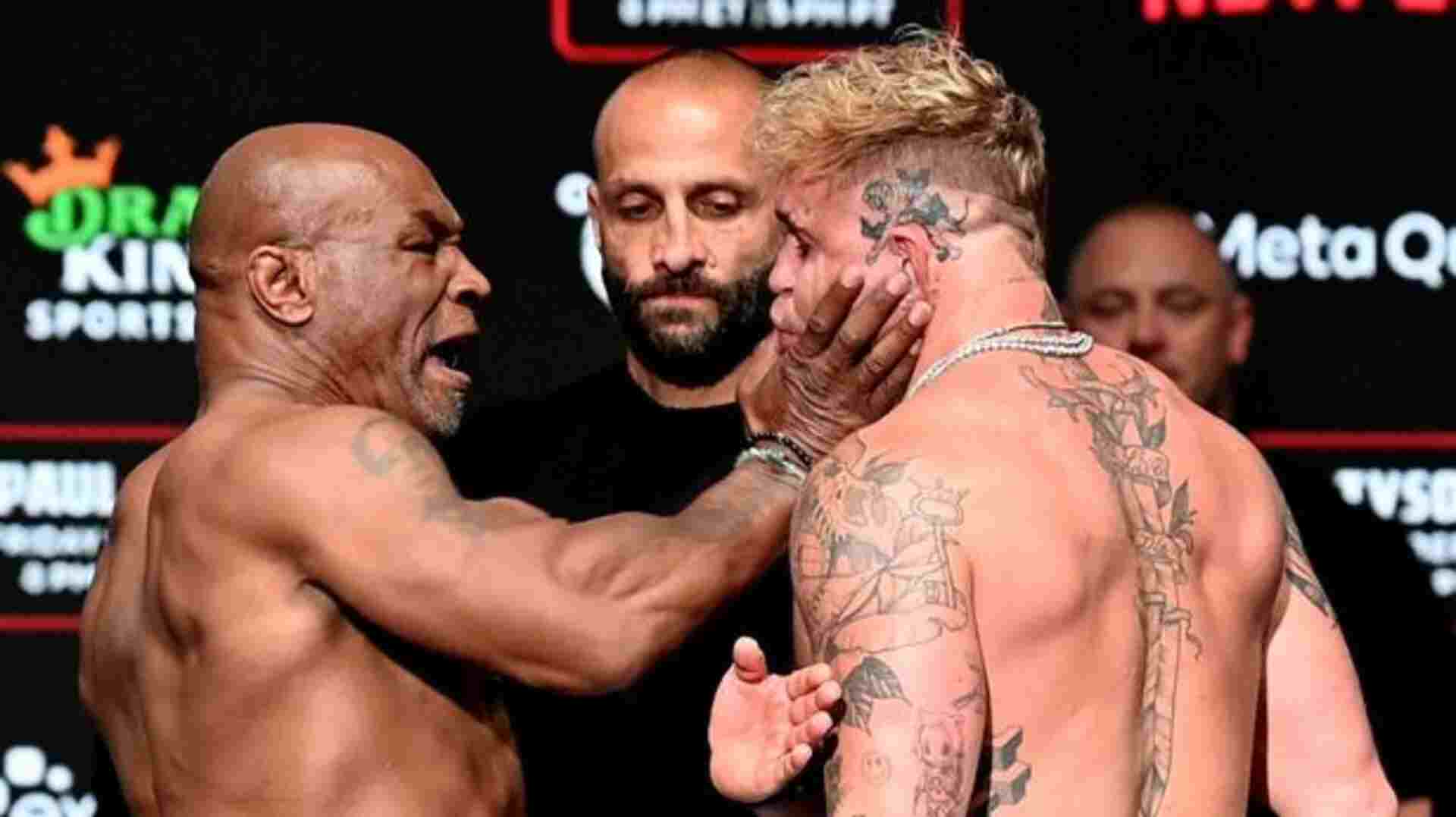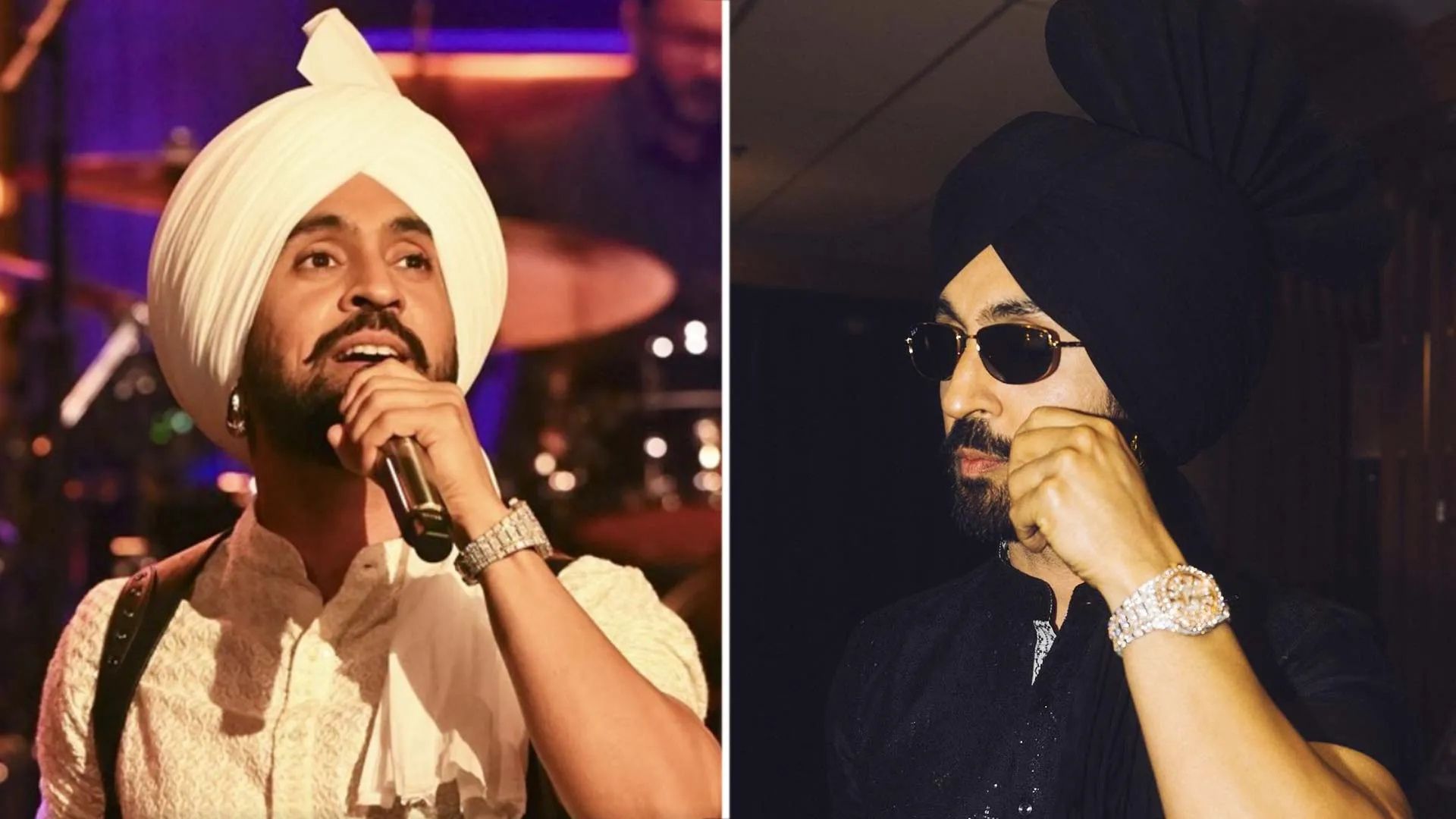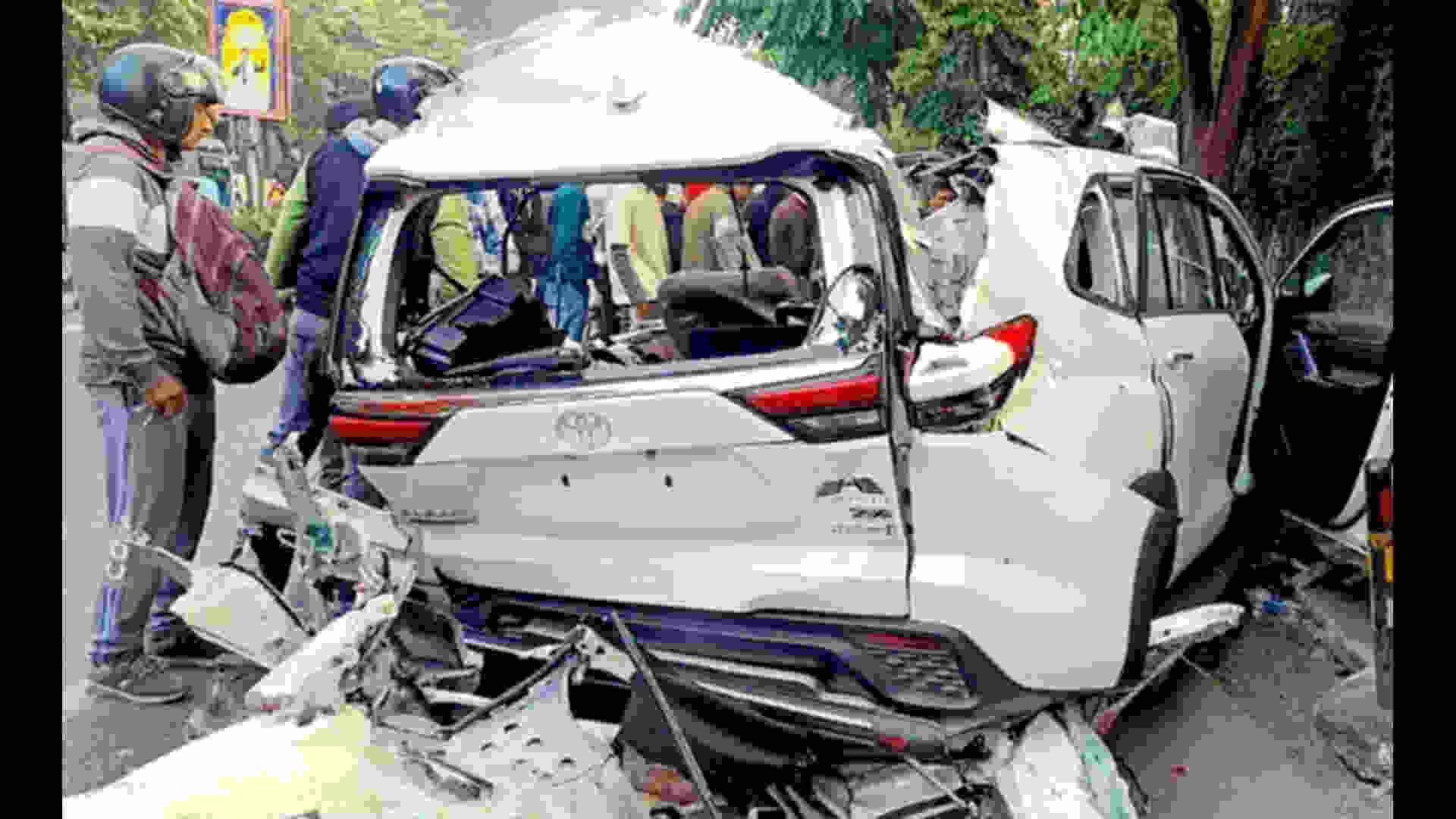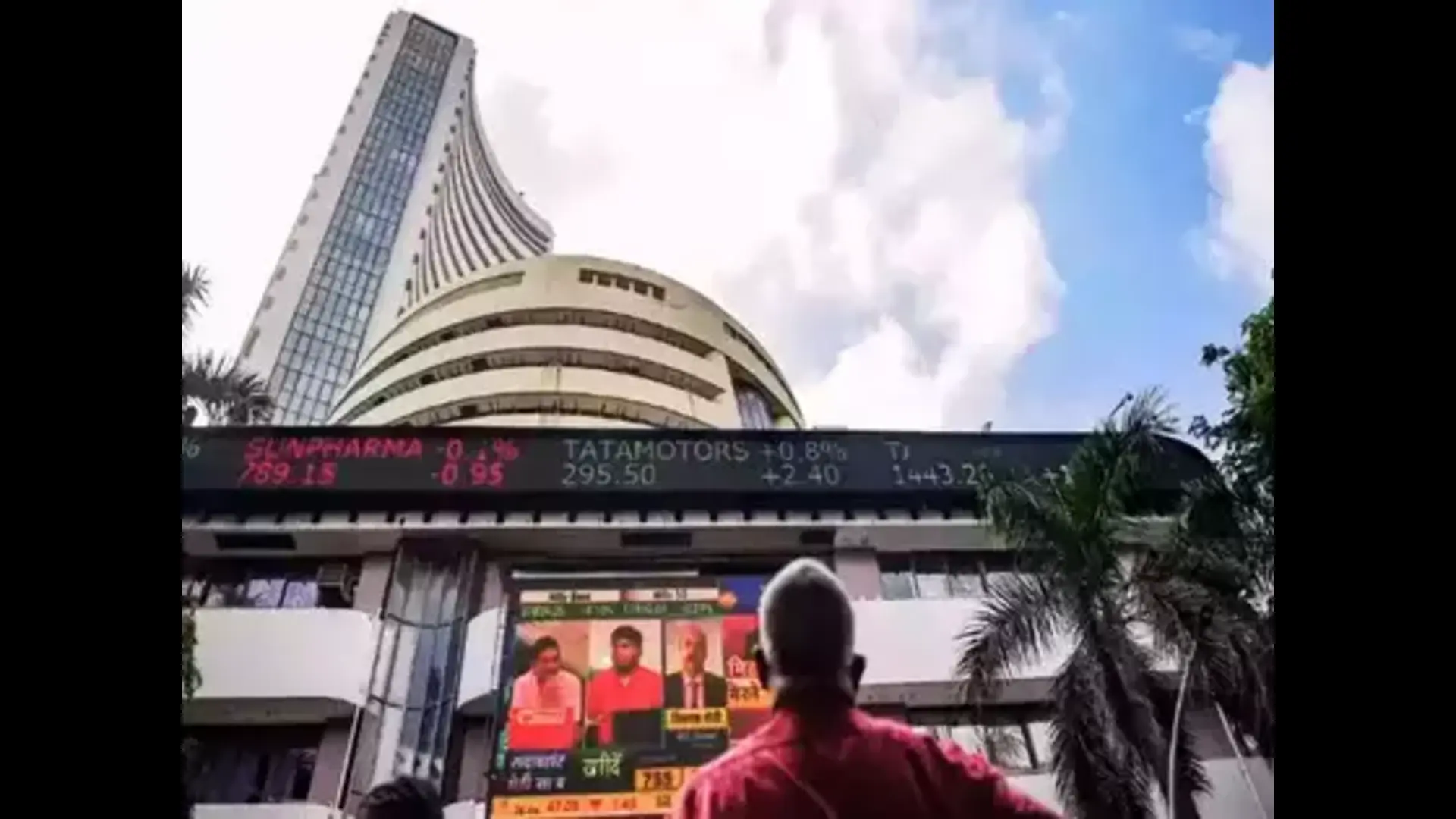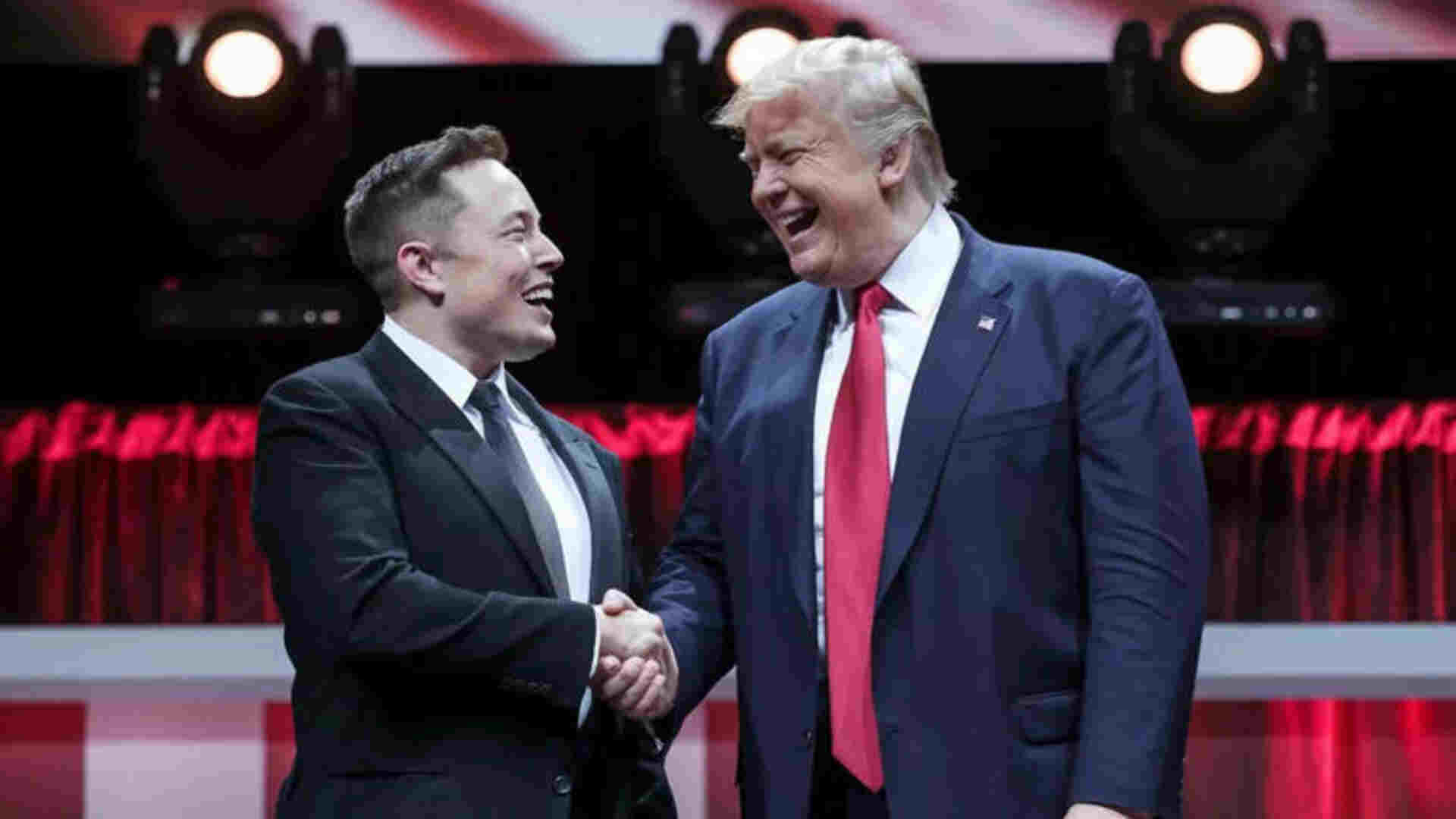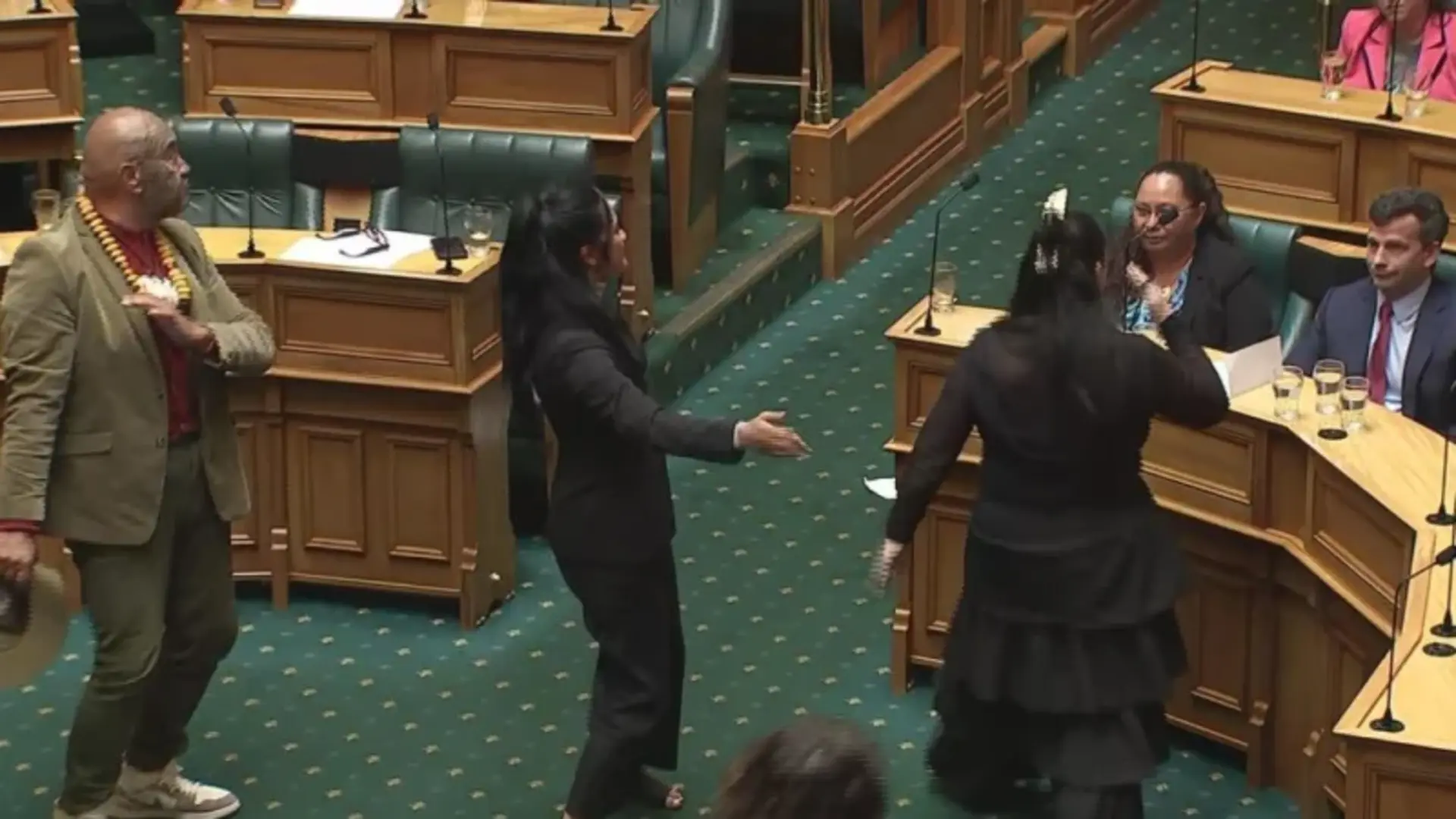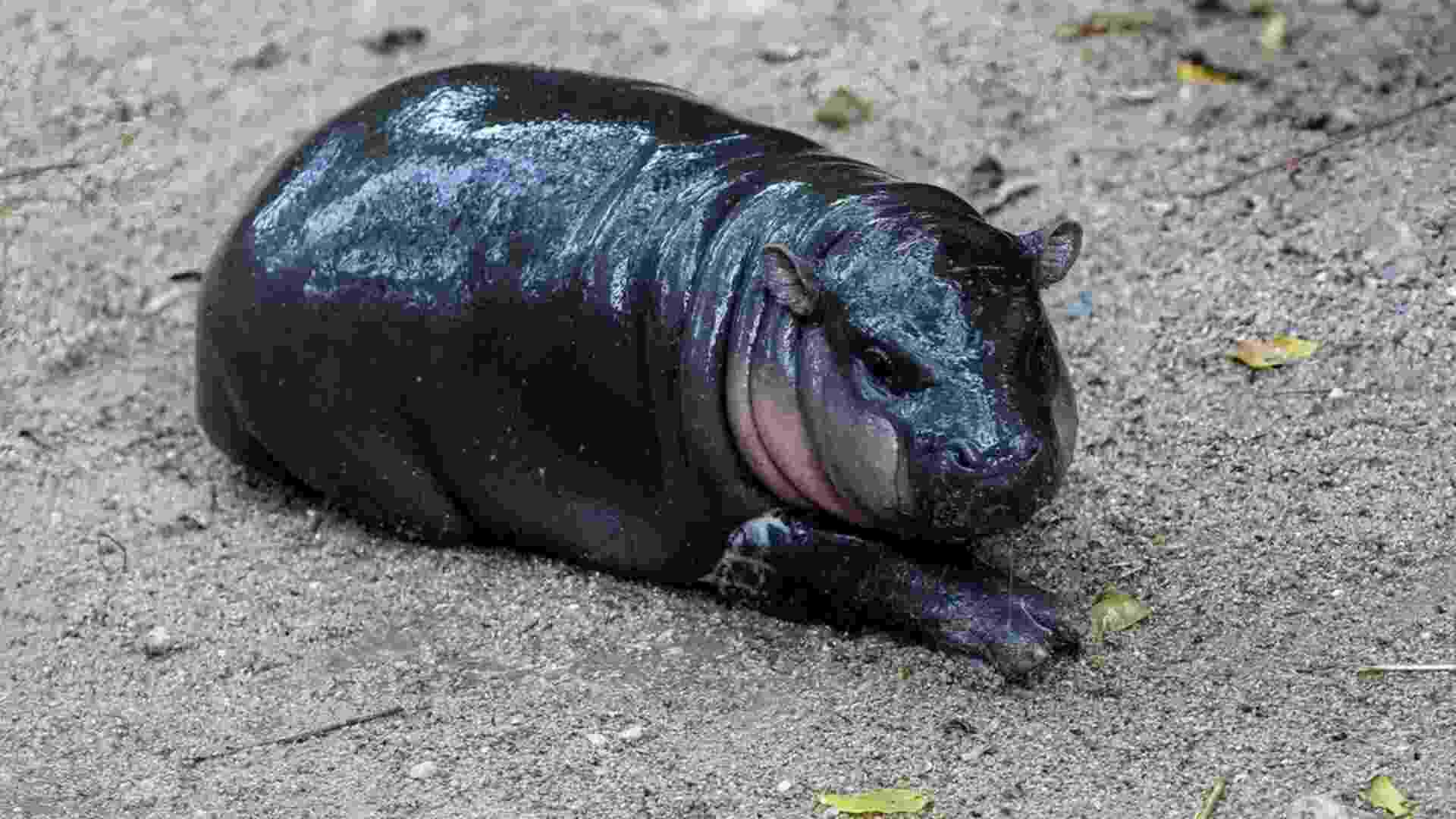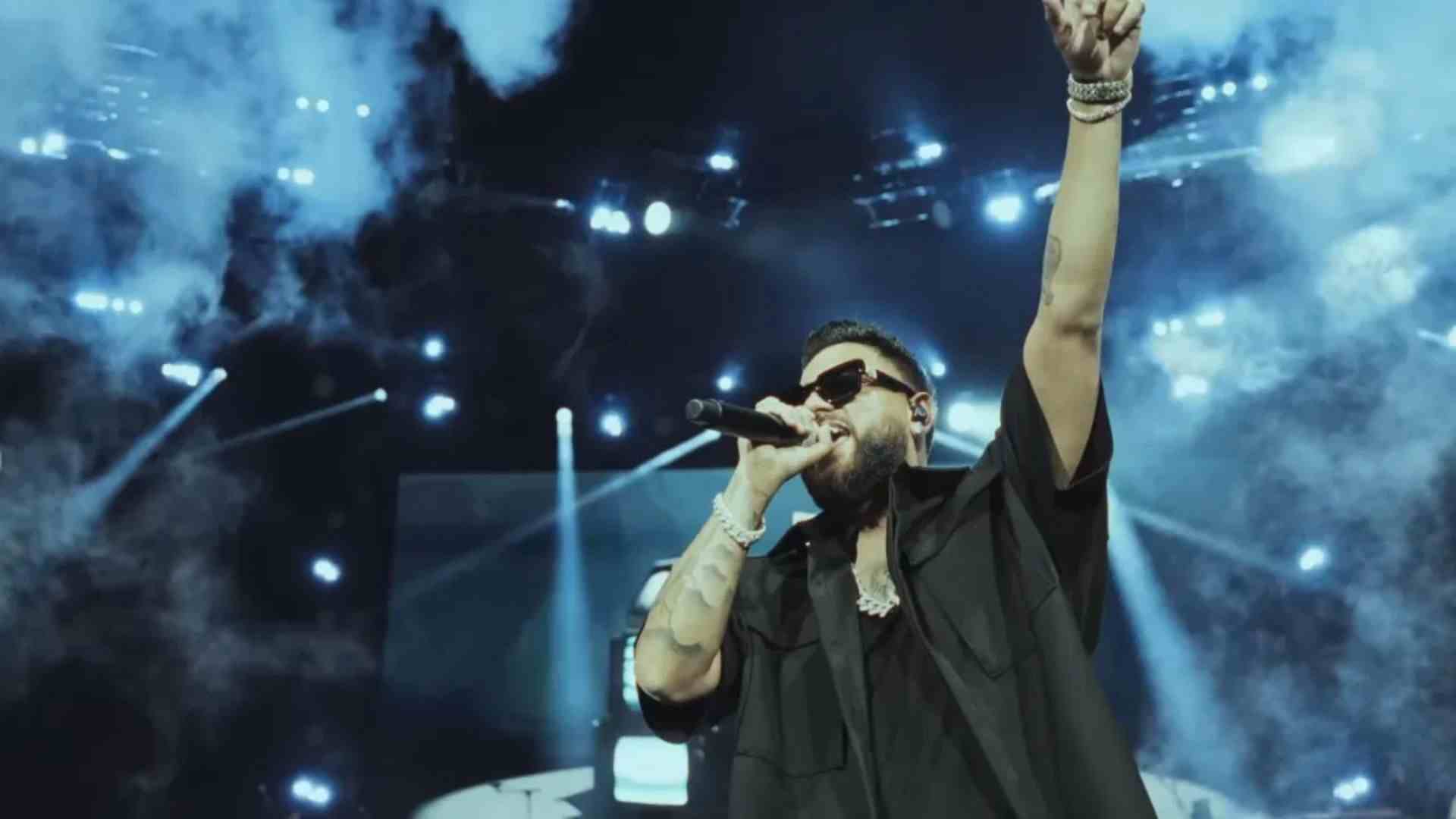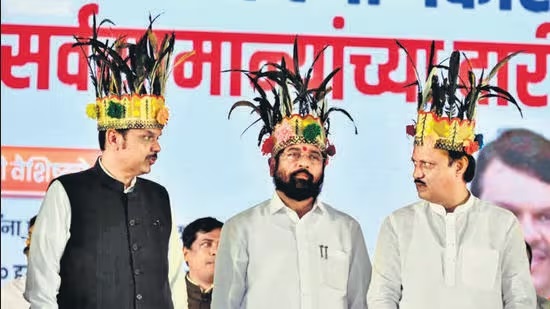
The resurgence of the Maratha reservation issue in Maharashtra, highlighted by the recent police lathi-charge incident during a protest in Jalna, has catapulted the matter back into the spotlight after four years of relative calm. The aftermath of the Jalna incident has triggered protests across the state, including in the hometown of Deputy Chief Minister Ajit Pawar in Baramati.
Activist Manoj Jarange, who has been fasting for the past 15 days, has a clear and unwavering demand — reservation for Marathas. While the state government initially decided to grant OBC certificates to Marathas from the Marathwada region, it has now established a committee tasked with issuing Kunbi caste certificates to individuals possessing historical revenue or education documents from the Nizam era recognizing them as Kunbis.
Jarange insists that Marathas across Maharashtra should be categorized as Kunbis, enabling them to receive OBC quota benefits. He emphasized that the state government issued a Government Resolution (GR) in 2004 pledging to provide Kunbi caste certificates to Maratha-Kunbis, Kunbi-Marathas, and Kunbis. However, this commitment, made 19 years ago, remains unfulfilled, and Jarange urges the government to rectify this by promptly revising the GR.
On Monday evening, Maharashtra Chief Minister Eknath Shinde convened an all-party meeting to address the Maratha reservation issue. During the meeting, a unanimous resolution was passed, urging Jarange to end his protest and allow the retired Justice Sandeep Shinde committee some time to address the matter.
The meeting also decided that Jarange could nominate a representative from his camp to join the Shinde committee. Additionally, the state government has initiated steps to withdraw all charges registered against the Maratha community in connection with the Jalna incident.
The Maratha community, which constitutes approximately 30% of Maharashtra’s population, has been advocating for reservation in education and government jobs for over two decades. In 2017-18, the community staged numerous silent protests across the state, pressuring the then BJP-Shiv Sena government to grant them 16% reservation. The move aimed to garner the support of the Marathas and portray the Congress and NCP as ineffective in resolving the issue.
However, this approach backfired when the Bombay High Court intervened, upholding the constitutional validity of the Maharashtra government’s legislation but recommending a reduction in the quota to 12% in educational institutions and 13% in government appointments, in line with the State Commission for Backward Classes’ recommendations. This decision displeased the BJP-Sena government under Devendra Fadnavis.
During the tenure of the Uddhav Thackeray-led Maha Vikas Aghadi (MVA) government in 2021, the matter reached the Supreme Court, which annulled the law granting reservation to Marathas. The Supreme Court asserted that there was no need to revisit its 1992 ruling capping quotas at 50%. Furthermore, the court ruled that the state lacked the authority to confer socially and economically backward status on a community; only the president has the power to modify the central list of socially and economically backward classes, according to the court. States can only make “suggestions.”
Now, with the BJP back in power in Maharashtra, the Maratha reservation issue has resurfaced and poses a challenge for the government. CM Shinde’s options include expanding the existing 50% quota to accommodate Marathas, but this approach may not appease the broader Maratha community, particularly in western Maharashtra, which was never under Nizam rule. The issue raises questions about which historical records the government would use to determine eligibility for reservation in various regions. Granting ‘Kunbi’ caste certificates for OBC quota access might address one region’s concerns but could encounter resistance from Marathas in other areas.
